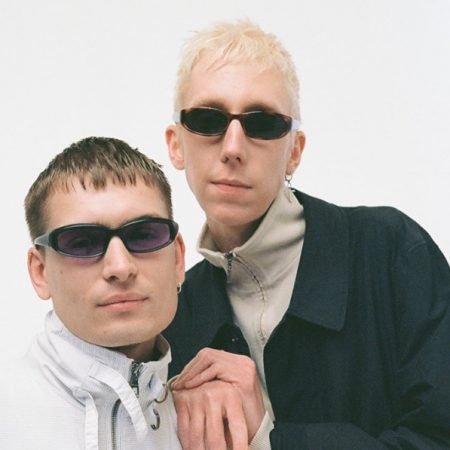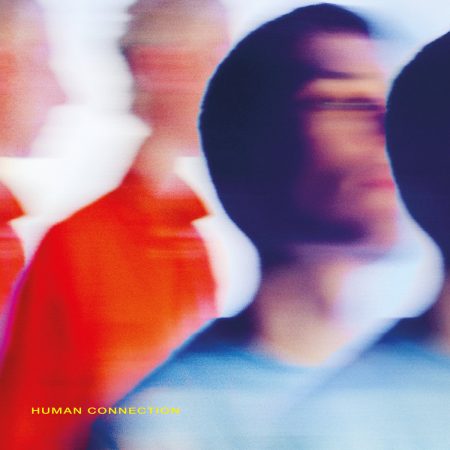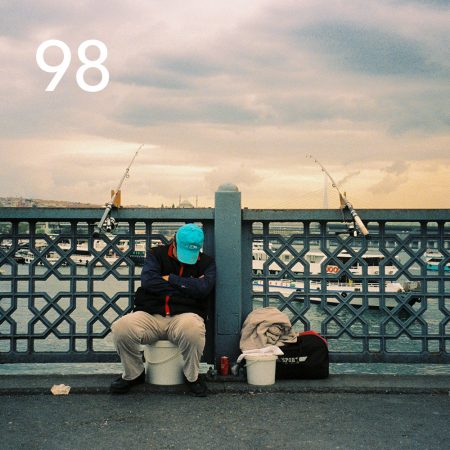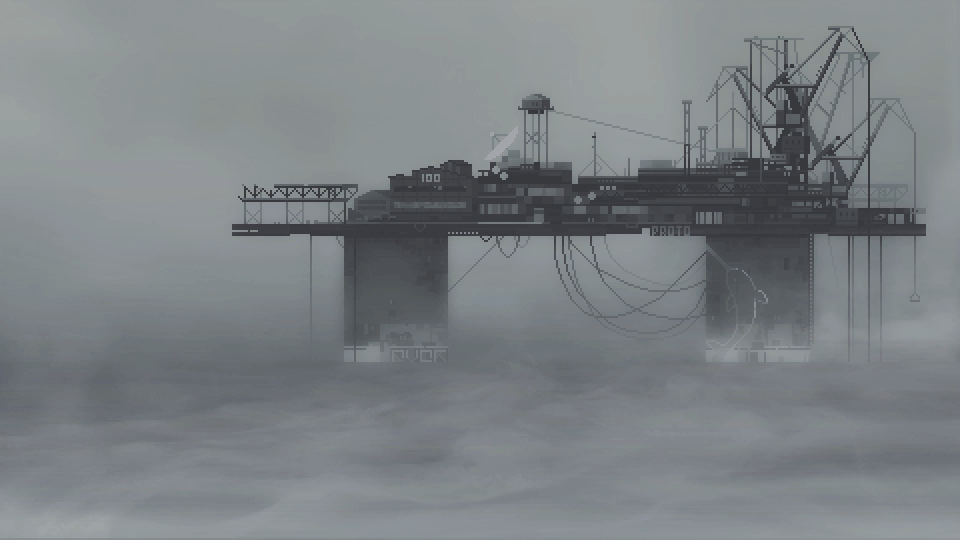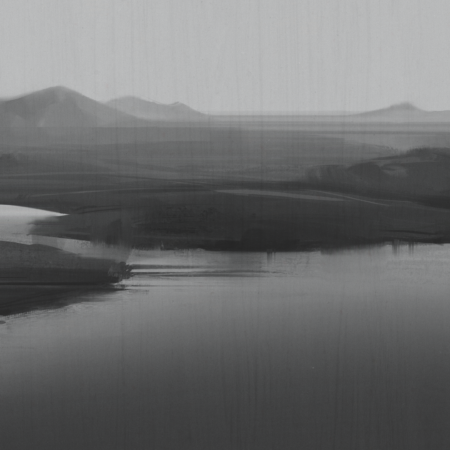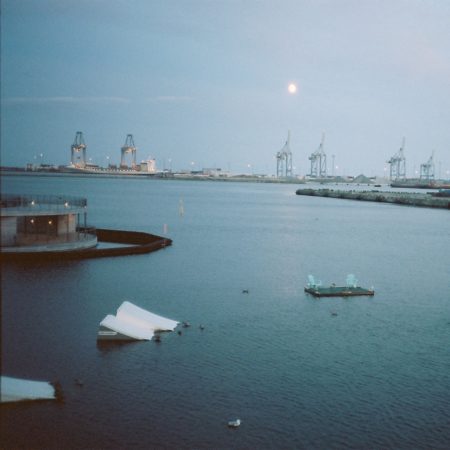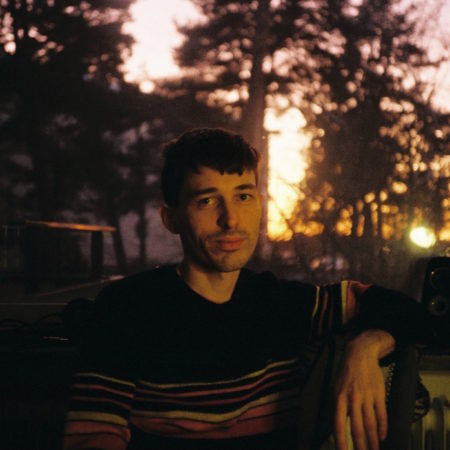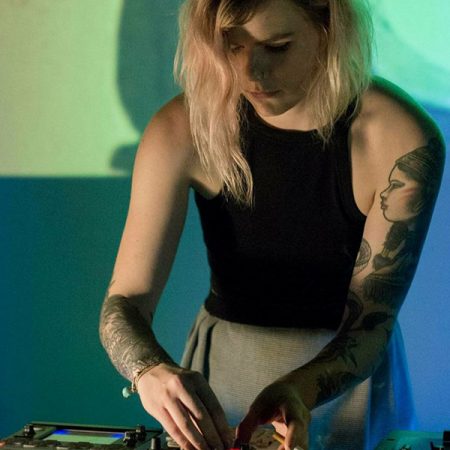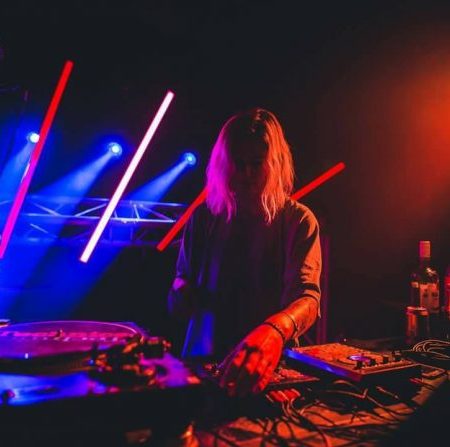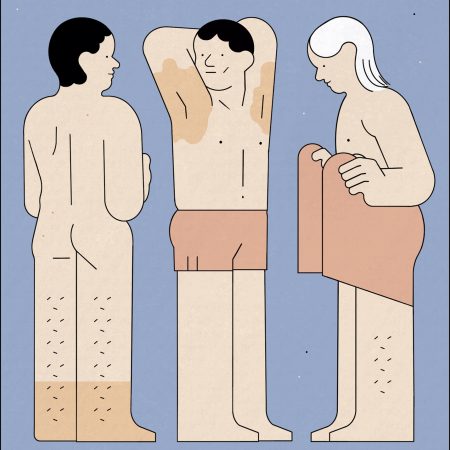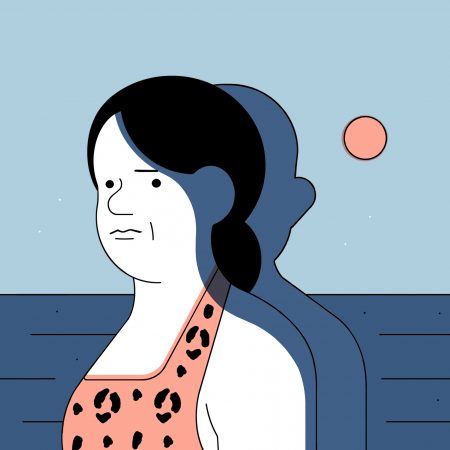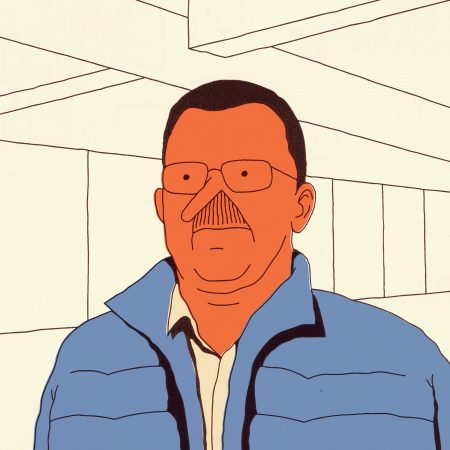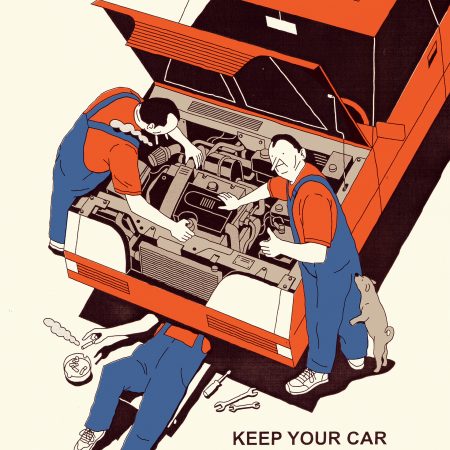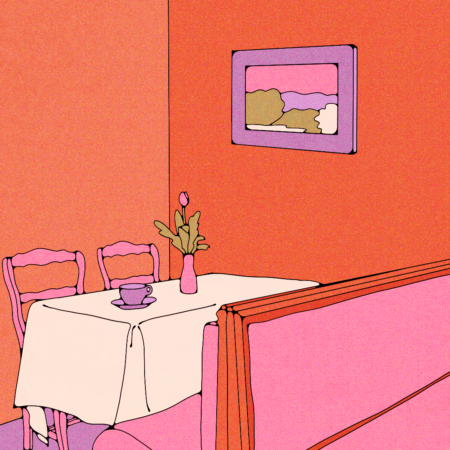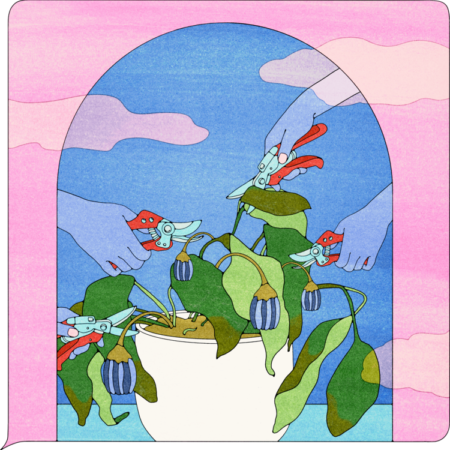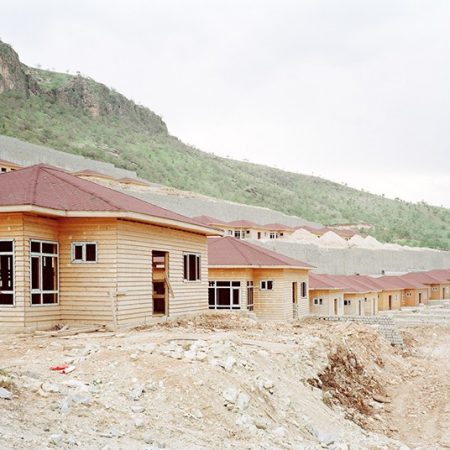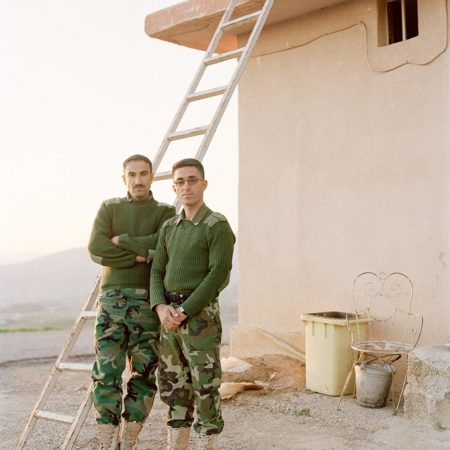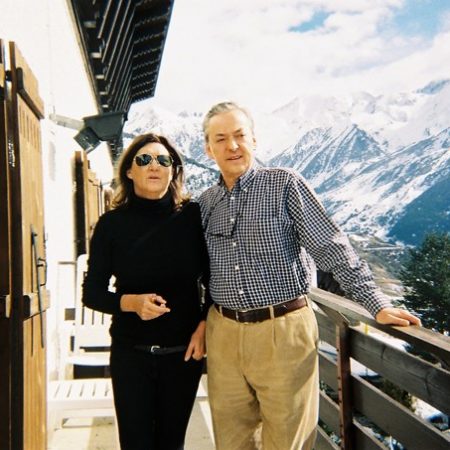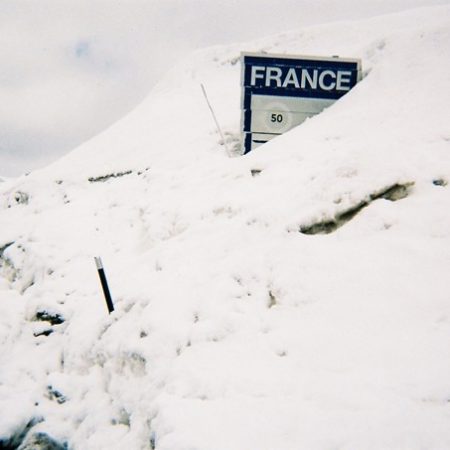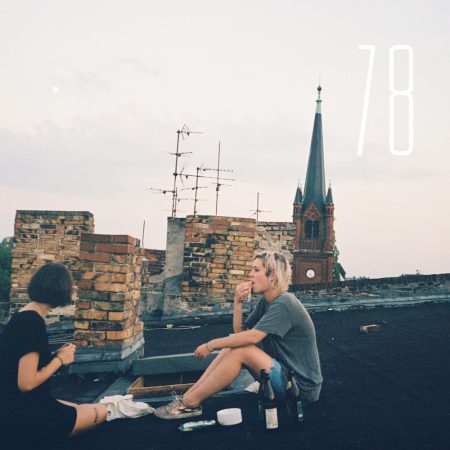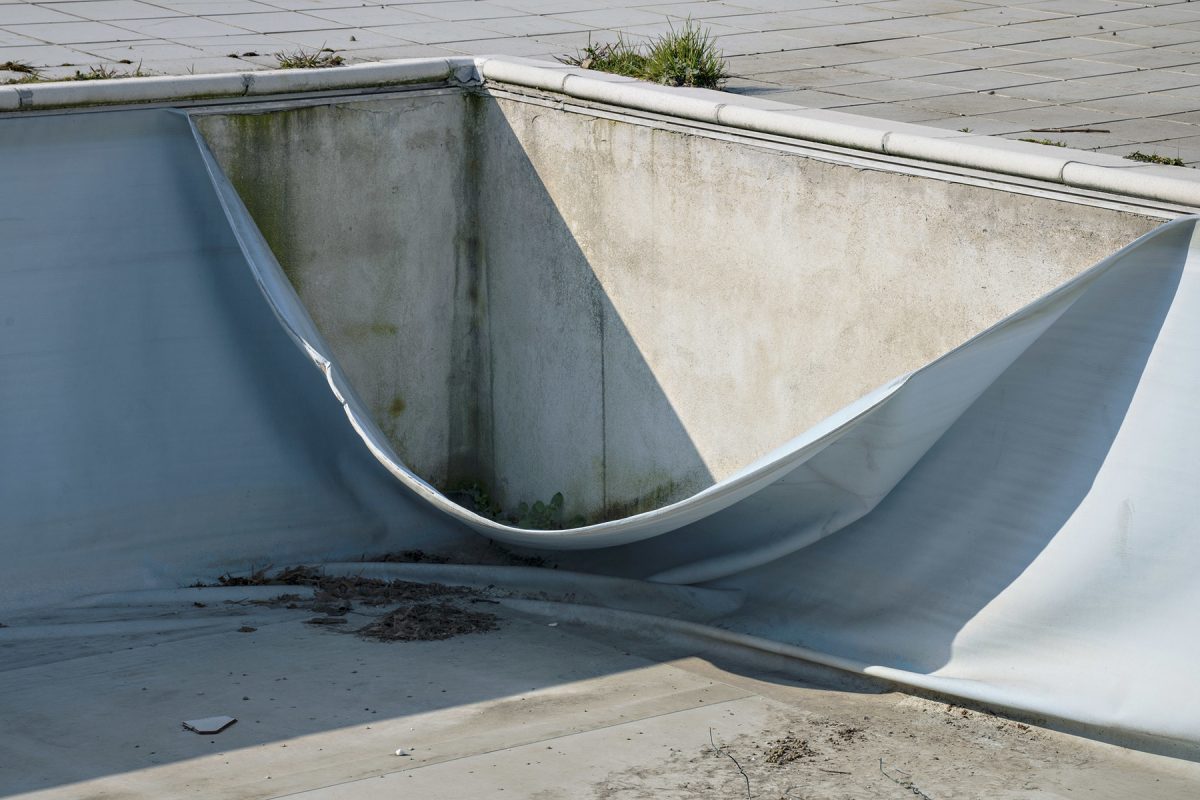
I like the physical feeling of being alone in a place.
Gianluca Attoli
PHOTO . March 10th, 2020Where and when were you born?
I was born in Monza, Northern Italy, in 1984.
Why are you spending so much time wandering in industrial areas?
First of all, because they’re something you encounter daily here, I mean in my area. At some point they just become sort of part of who you are as well. They’re “home” just like other fancier areas, really. Plus they’re really photogenic. They’re great for training and experimenting, they are very flexible and can be used for a number of conceptual or artistic explorations, and they’re practically deserted when they don’t function – which is a perfect feature for a not-so-sociable person like me. And finally, because I have a hell lot of free time.
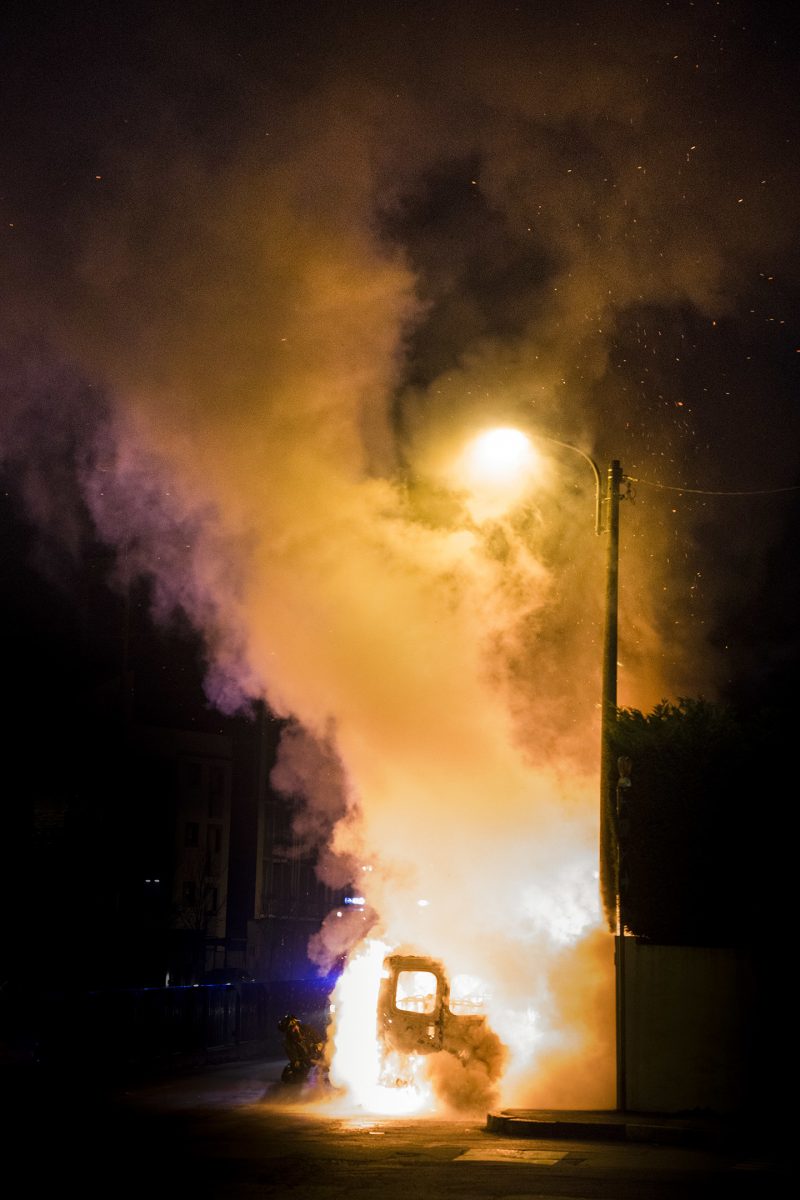


Where does this attraction for cold places like these is coming from?
From my personality, I guess. I like tranquility, I like the physical feeling of being alone in a place, or with very few other people. I don’t see these places as “cold”, or sad, or desolate, like maybe other people do. I find them safe and soothing. It probably has something do to with the feeling of being “in control”, but regardless, I like that feeling, so I’m naturally attracted to the places and the situations that allow or even enhance it. Basically it’s my comfort zone (which I’m very proud of staying in).
Could you give us 3 songs that you think fit well with these environnement?
I could give you 300! But if I had to stick to only three I would say…
Biosphere – Chukhung
Portishead – Sheared box
Bowery Electric – Next to nothing
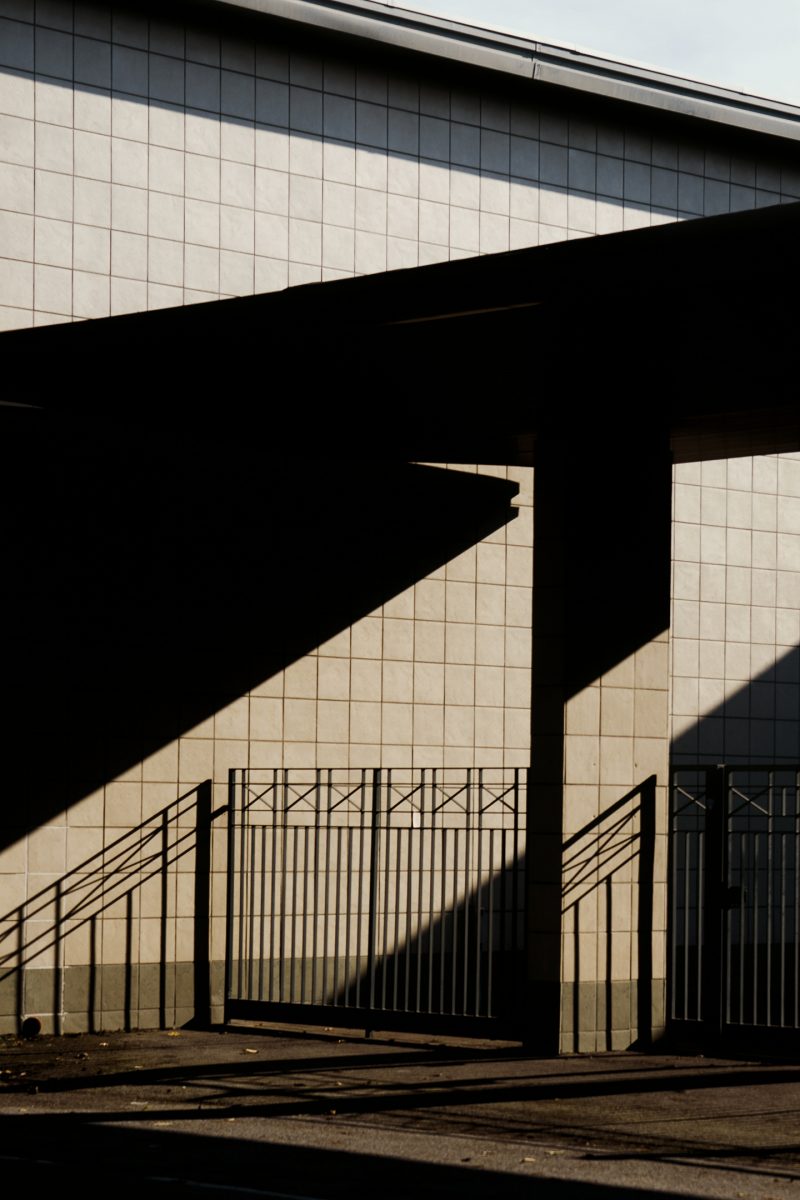
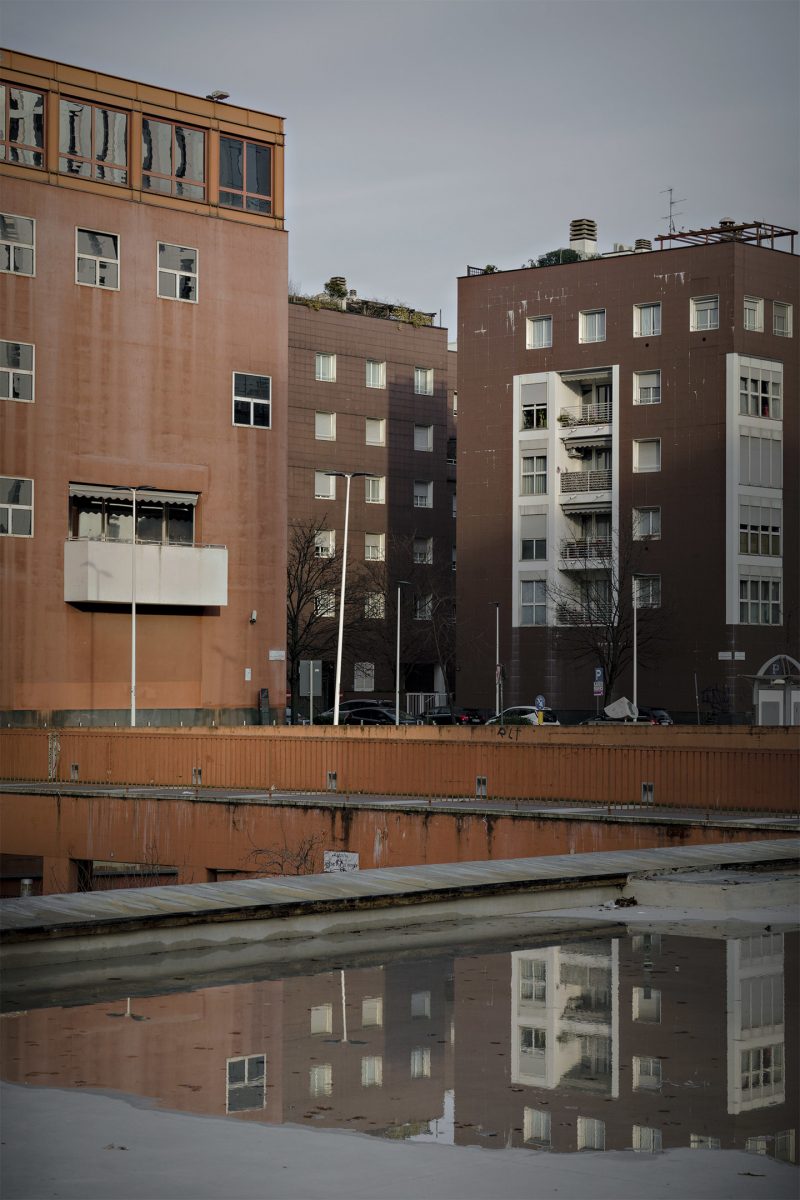
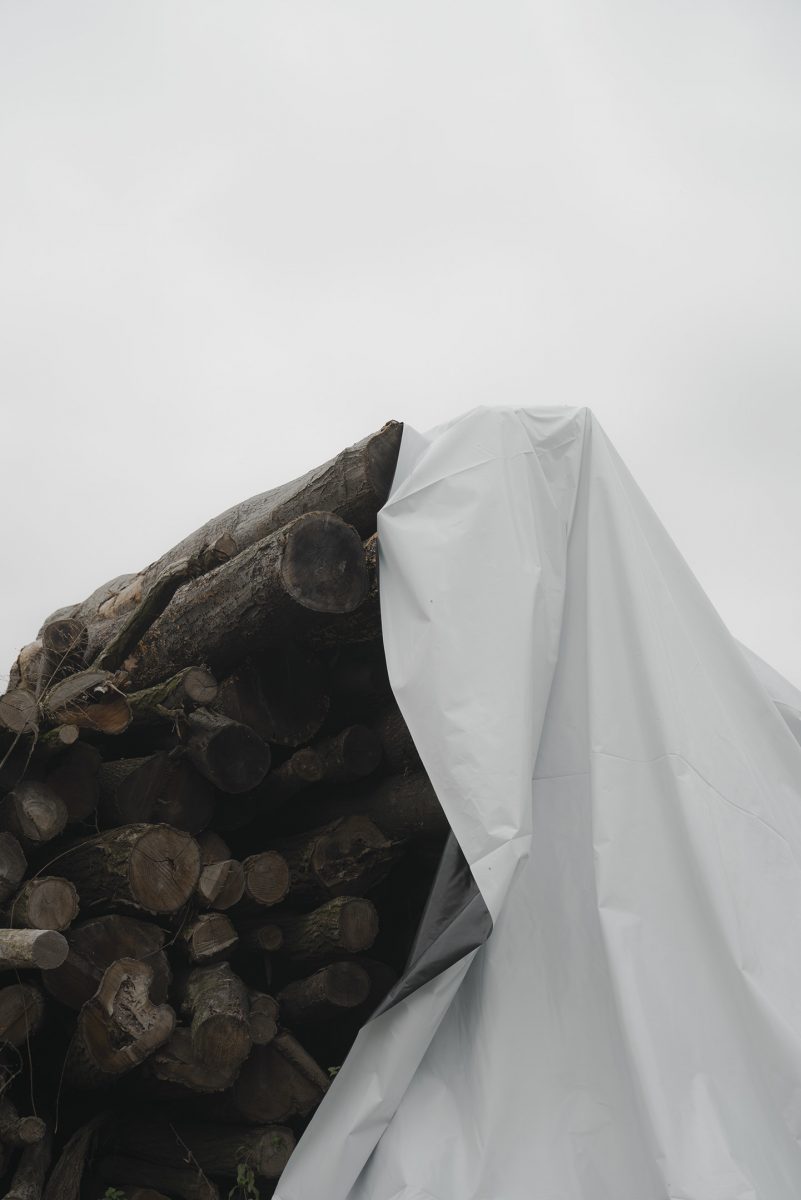

Is there a story behind this picture?
It was one of the very first shots I took with my first camera (a cheap micro 4/3 mirrorless camera), I used to carry it around with me all the time, and it’s probably one of my most instinctive and casual shots.
So there’s no story at all in terms of research or planning. But there’s a story in terms of, well, “context”. As weird as it may seem, and in spite of most basic safety rules, that gigantic pile of stuff (my shot only represents a small part of it, but there was even a shower box in there!) was lying in the internal backyard of a local hospital. No security stripes, no barriers, zero surveillance. Just lying there.
I mean, what the hell? It was sad and grotesque at the same time, but too photogenic to pass.
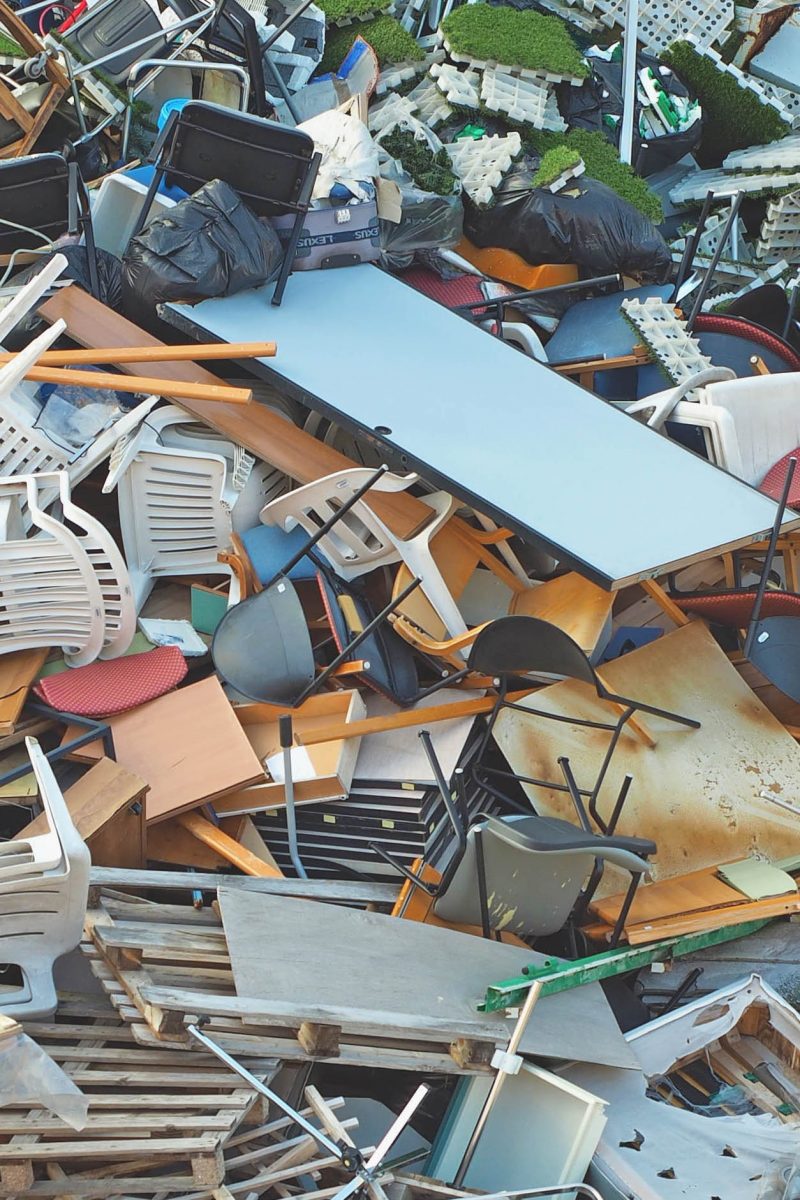
What are you trying to convey to the audience with your images?
A different vision. I know that there’s thousands of “different visions”, and yet, one more is always better than one less. Sometimes people told me that they already saw certain places I photographed, but they never “saw” them the way I did. Or that from that moment on, they would see them differently. That may sound banal but it’s actually quite deep, because it’s about moments that question your standards of beauty and perception in general.
Art is often used to emphasize the obvious and reiterate clichés, for instance highlighting the evident, commonly-accepted beauty of a place, a situation or a person (think of most “travel photography”, for instance). I don’t think that’s wrong, but I think it needs to be complemented with something different, something questioning and challenging it. Also to avoid ending up with a sterile, other-directed taste. So the idea I would like to convey is that reality is more subjective and more based on representation that we think, and that we don’t have to accept a certain common interpretation of reality as a given, immutable standard.
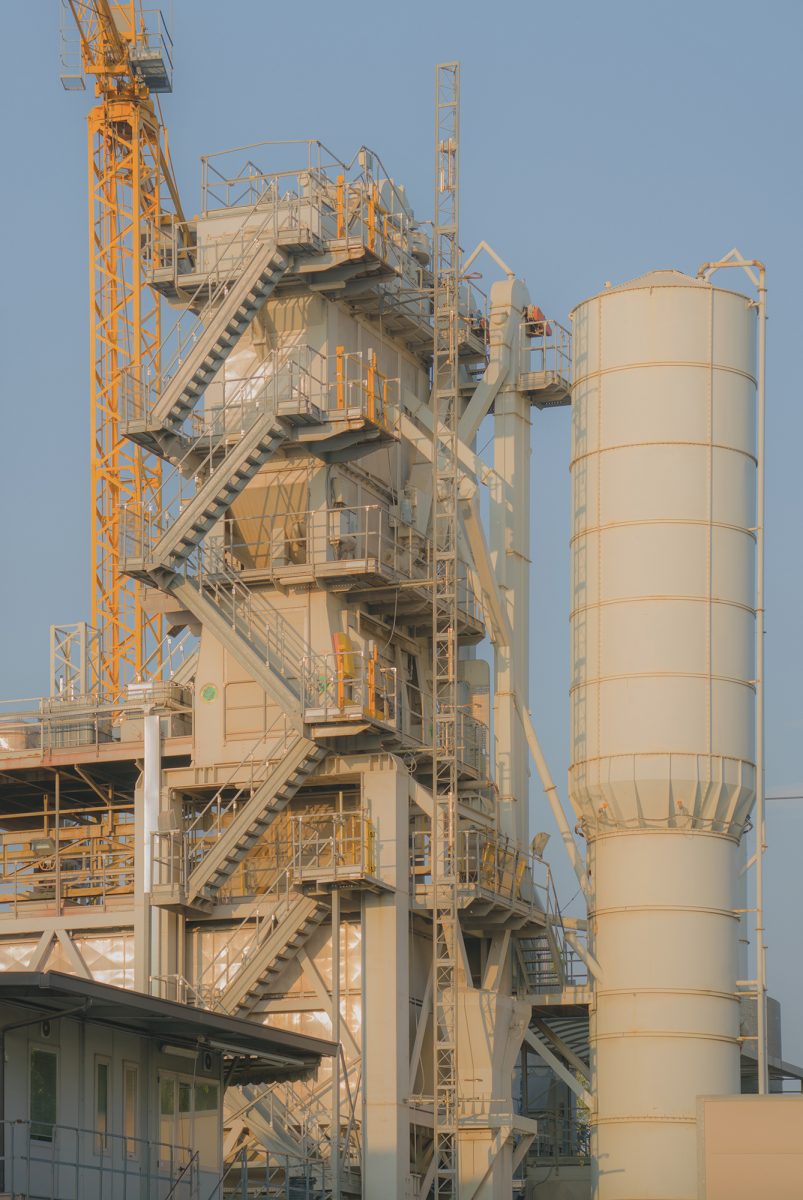
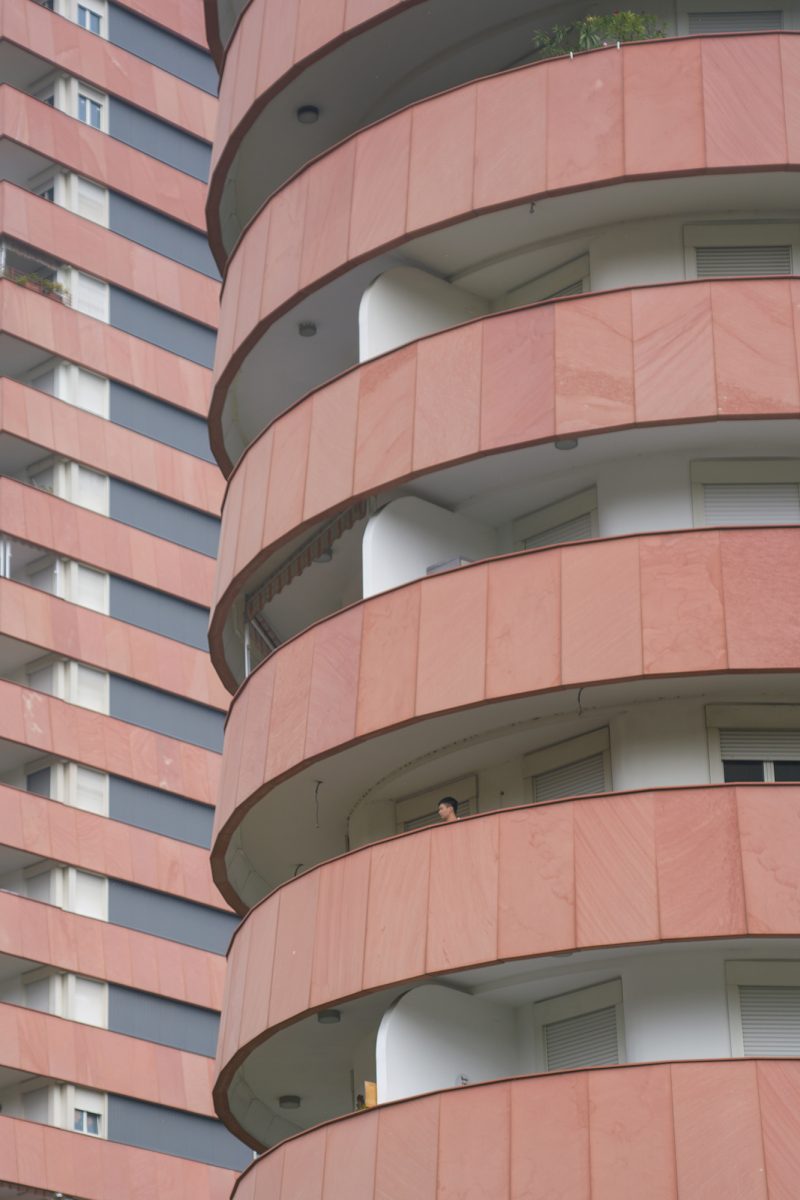
The main ongoing series that represent the core of your work at the moment is called « Suburban base ».
Can you introduce it and tell us more your personal relationship with the suburbs?
This series is basically an exploration of the suburban area I grew up and live in, and it serves two main purposes. One is more, say, aesthetic, and it’s about presenting shapes and spaces in a quite decontextualised way in order to highlight the feelings of suspension, calm, isolation or unexpected beauty. That’s connected to what I said in the answer above – challenge viewers (and myself) to see reality with a fresher pair of eyes.
The second purpose is more personal, and it’s an exploration of my relationship with the places, a patient work of reconnection to them. I lived away from my town for some years, and I came back mostly out of mere nostalgia a couple of years ago. And that’s exactly when I started photography, which was something that never crossed my mind before in my life.
Do you think you’re going to finish this series at some point?
I surely hope so. Hate the idea of becoming repetitive without realizing it.
What camera do you use and why?
Currently I use a Sony Alpha 7R II full-frame camera with a couple of lenses; most of the time a 24-105 lens, occasionally a telephoto one. A good friend of mine (and photography mentor!) suggested me to get that model when I wanted to change my first camera for something better. I was completely clueless, all I knew was that I wanted to stick with the mirrorless system. And that Sony was one of the best deals at that moment. It was an older model and it was relatively cheap for the quality. I must say I really love it – it’s very portable, very tough, very powerful, very easy to use.
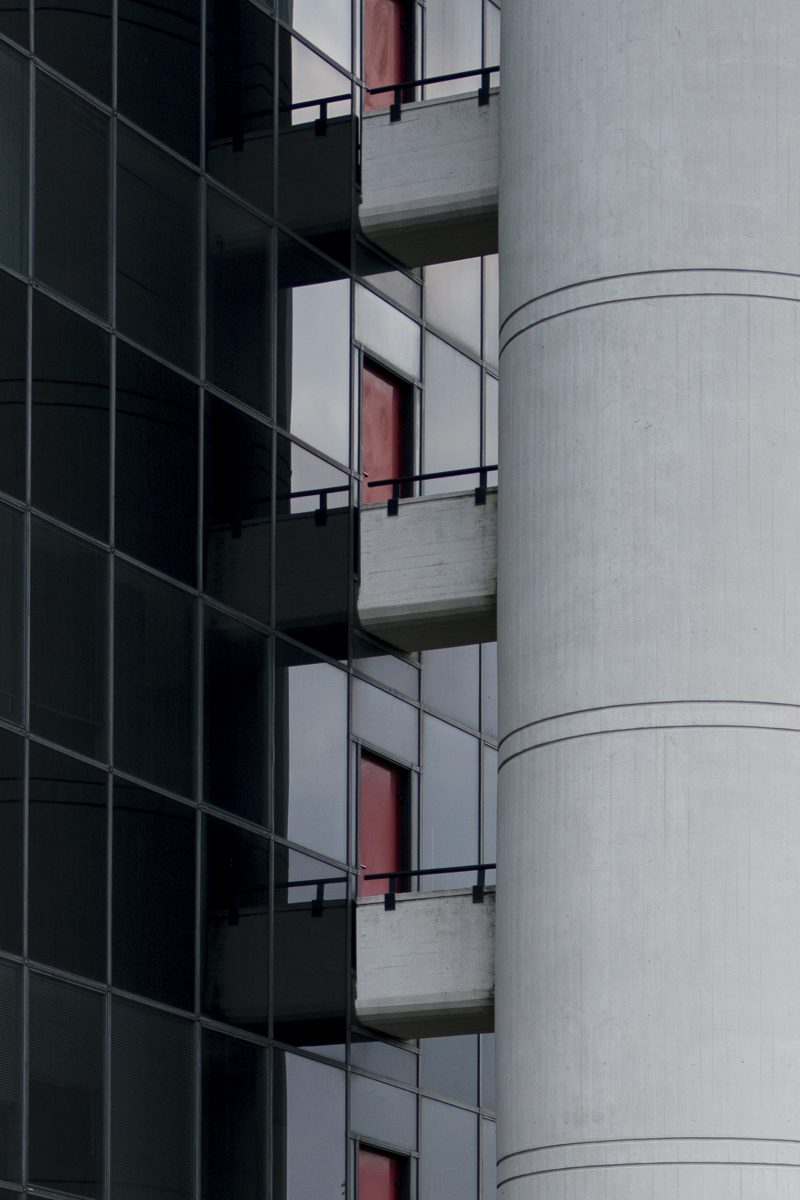
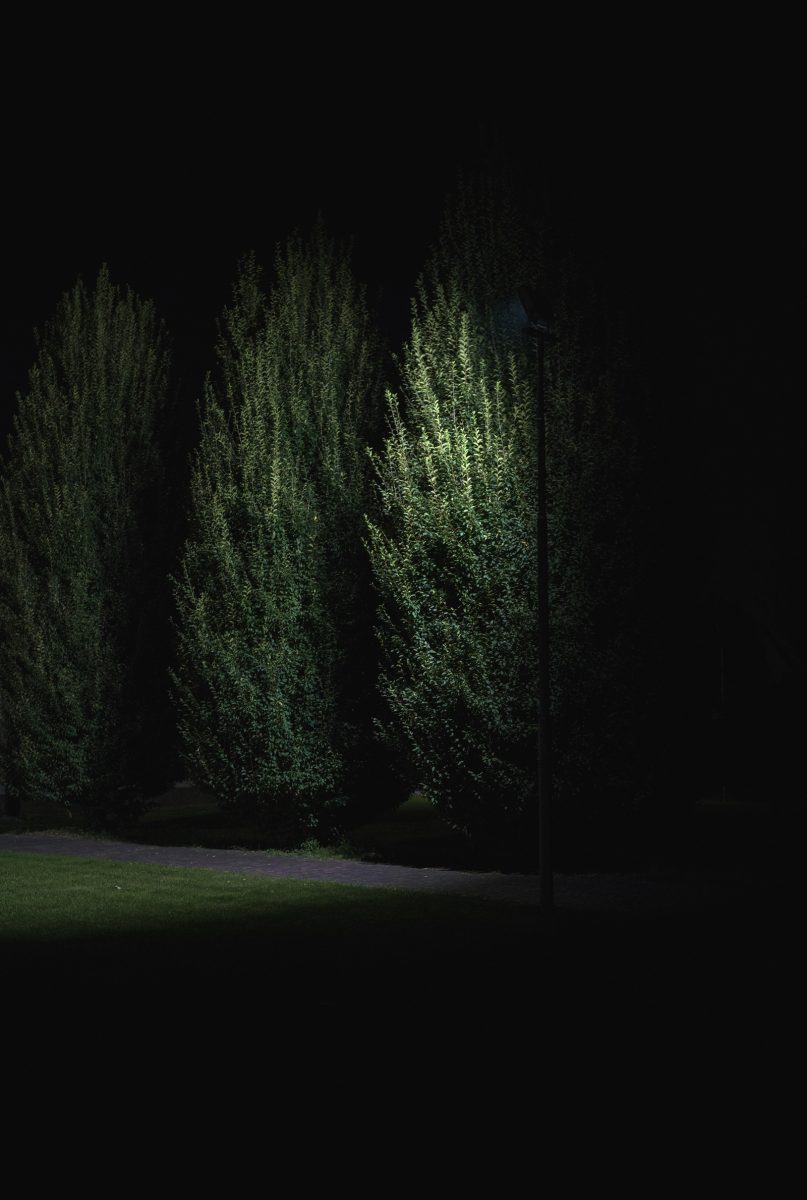
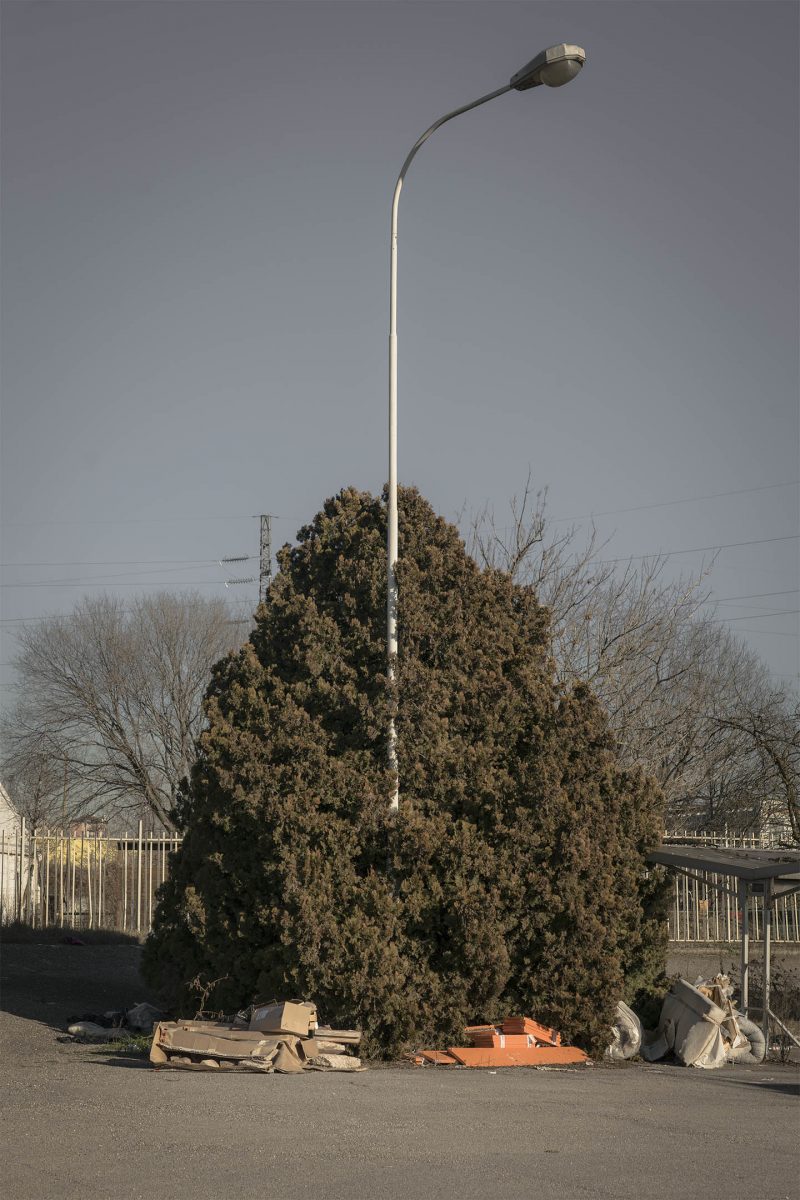

You were born in the early 80s in small Italian town. Do you feel a strong change in the city since that time?
And generally in Italian cities?
Well, like most small towns, my town changed ten times times more slowly than other bigger ones. But of course it did change a bit. We tried to absorb a bit of that hideous gentrification process that wiped out local communities and turned bigger cities like Milan into open-air malls-slash-amusement parks for tourists. But since here in Monza we’re provincial to the bone, lucky for us that just meant a few more “hip” restaurants in town. Other than that, it’s all pretty much like it was when I was a teenager.
Italian cities in general, I don’t really know. We have a lot of potential to grow and change but also a couple of figurative dead weights preventing us to “progress” decently – bureaucracy, for instance, and a sort of lazily individualistic attitude. But again, I am really not a fan of “progress”, or at least not the horrid idea of “progress” that is popular among “developed” capitalistic countries, so I think we’re fine as we are anyway.
What’s next for you?
No idea. I just want to become more solid as a photographer. Also I would like to experiment more with staged photoshoots. The idea of “crafting” a shot really fascinates me.
What are you going to do just after having answered to this final question?
I am afraid I really need to start working (for my real job, I mean).
What’s this real job? :)
I’m a freelance translator, I work by myself from home.
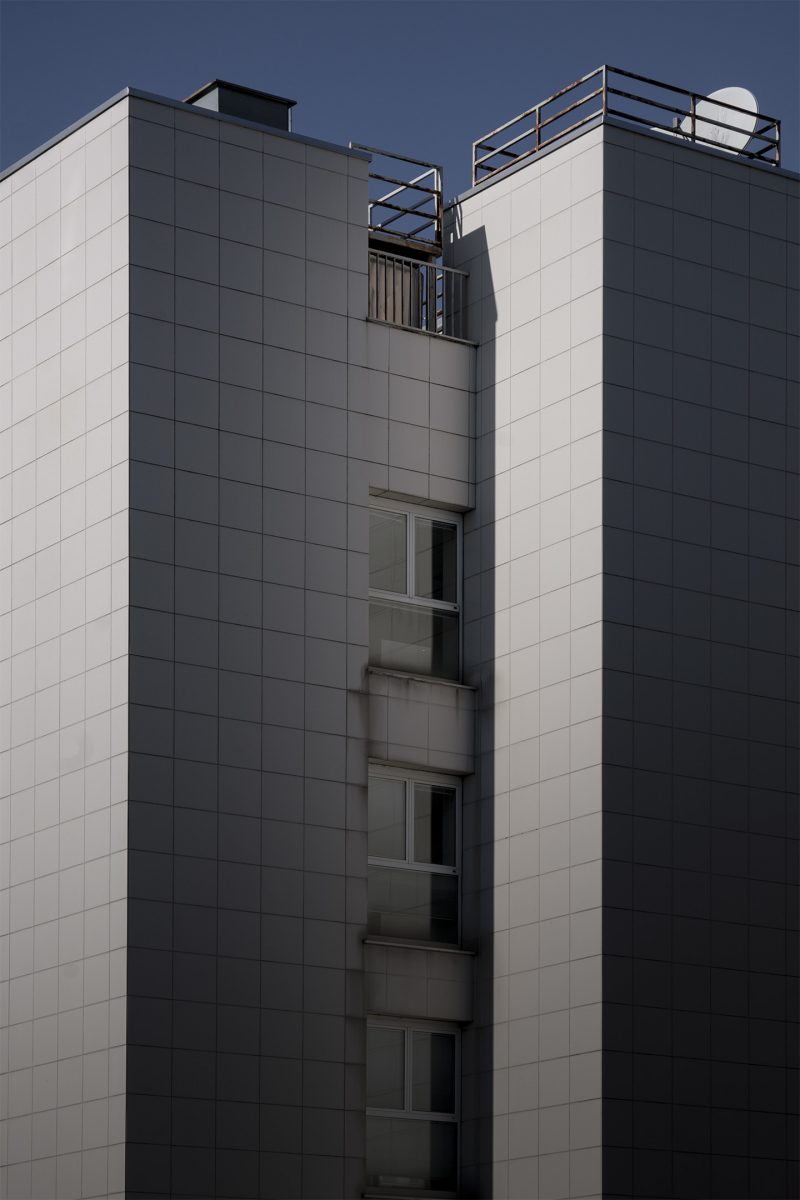
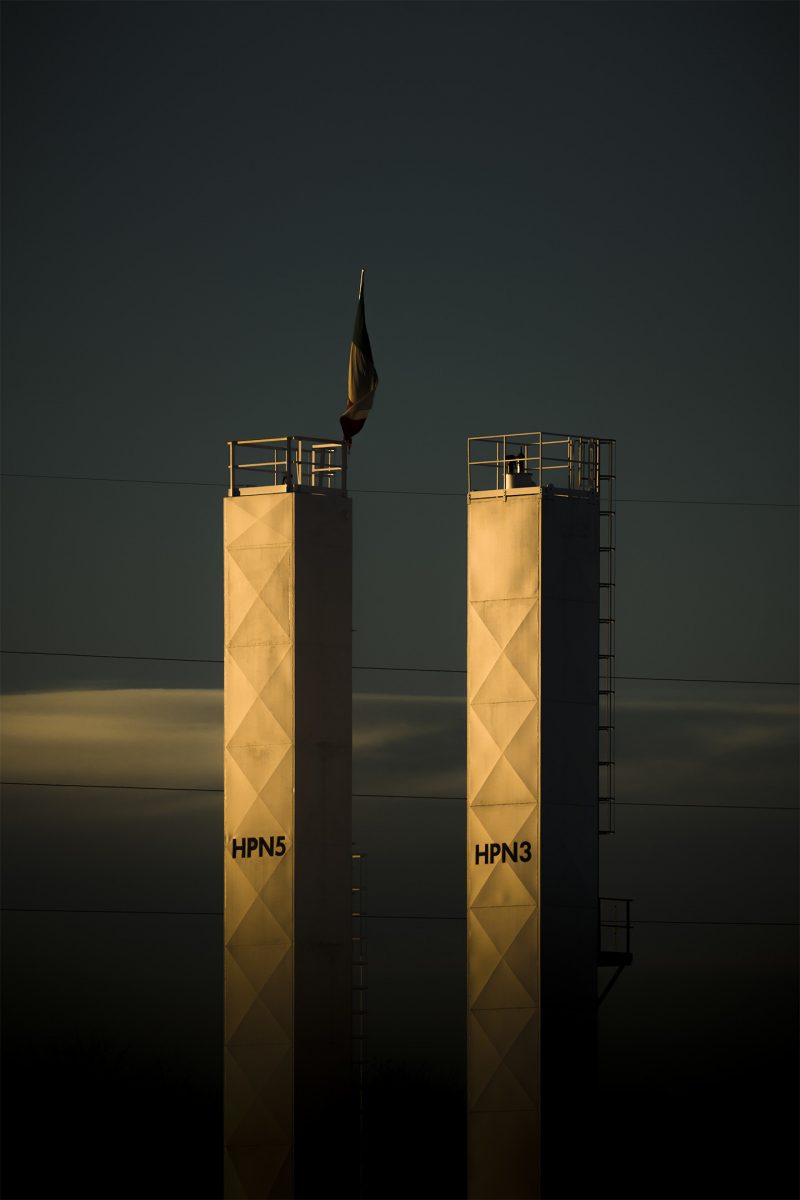
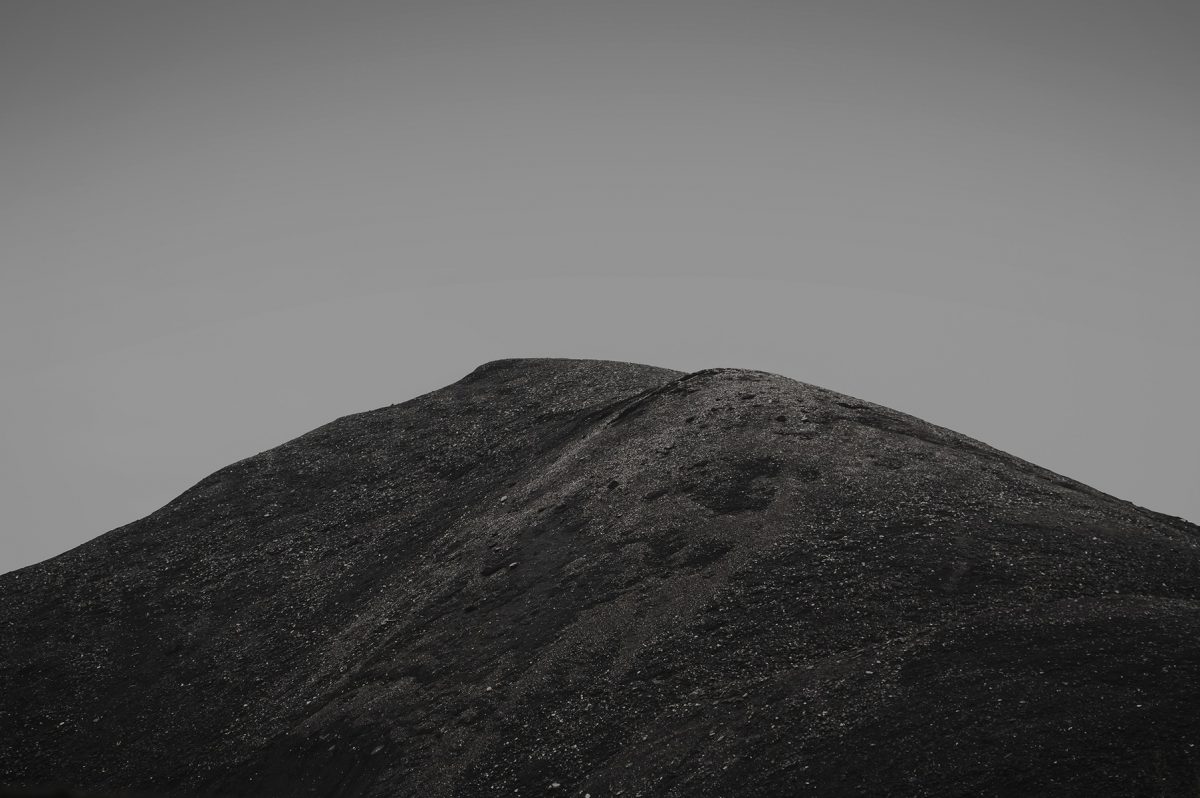
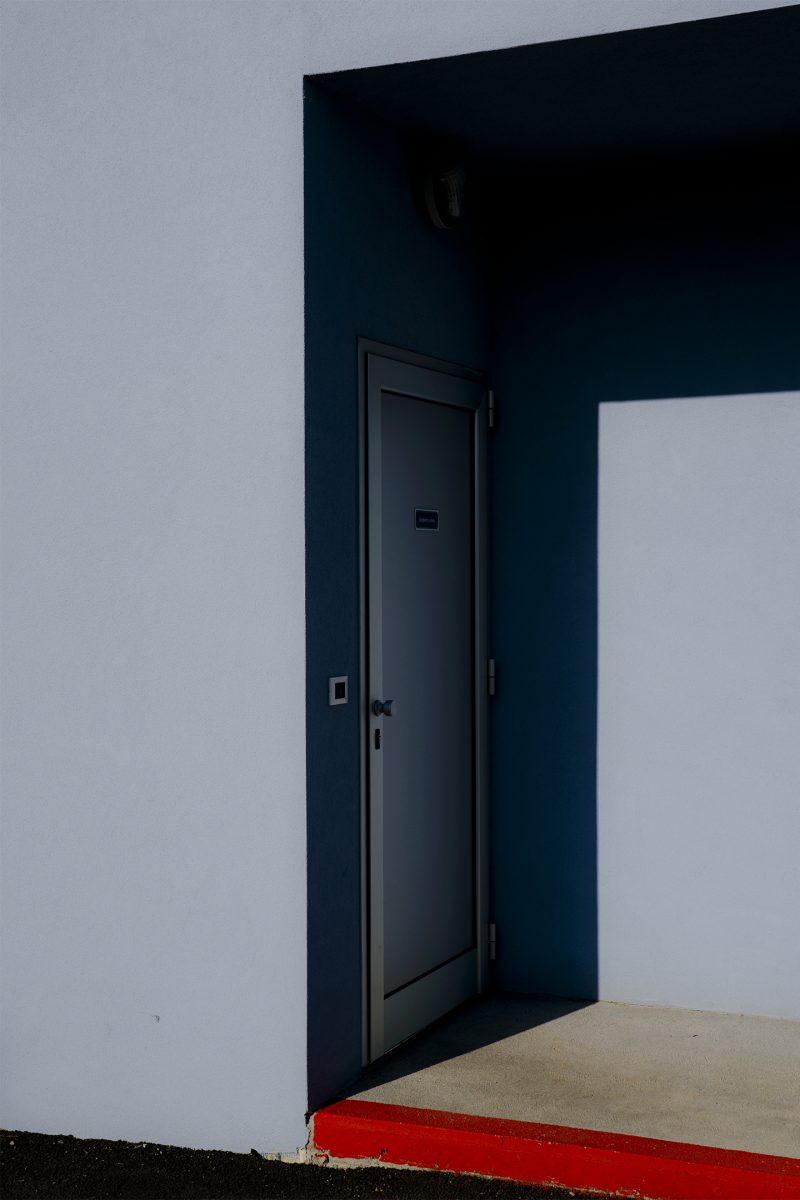
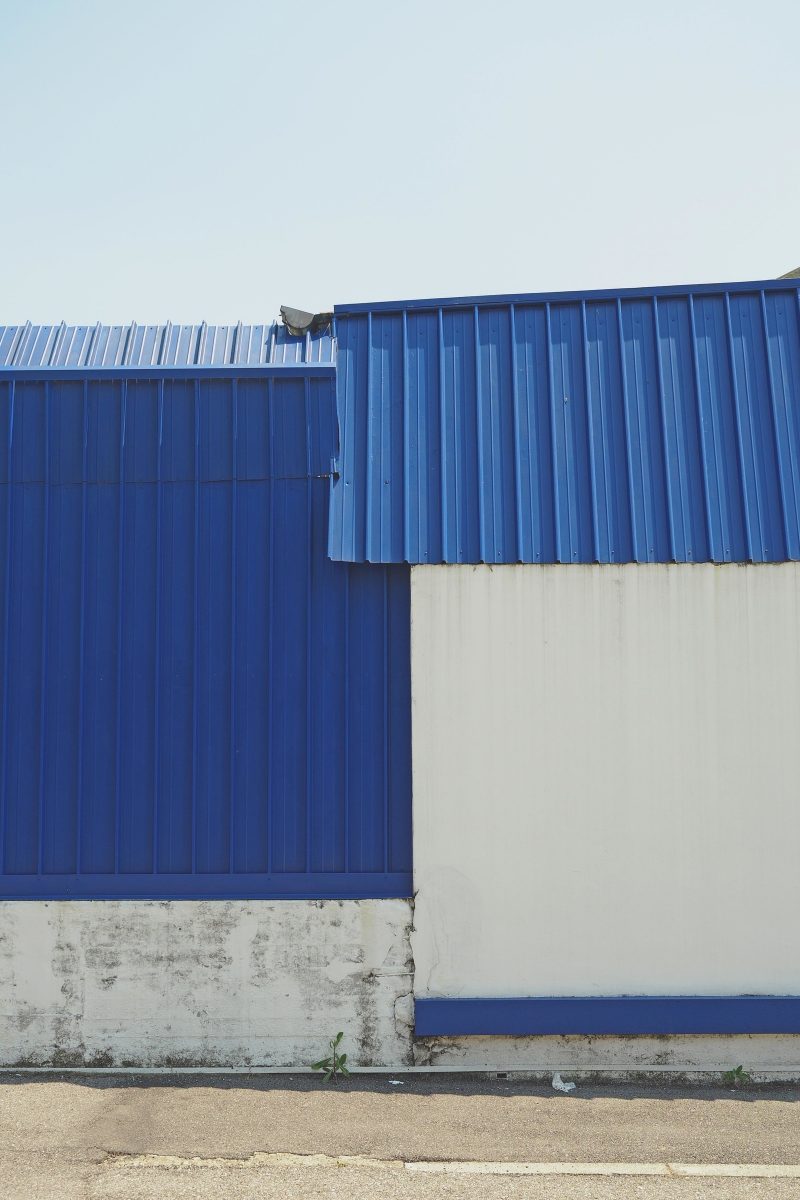
Gianluca Attoli is an Italian photographer, you can find his work on his website or instagram.
